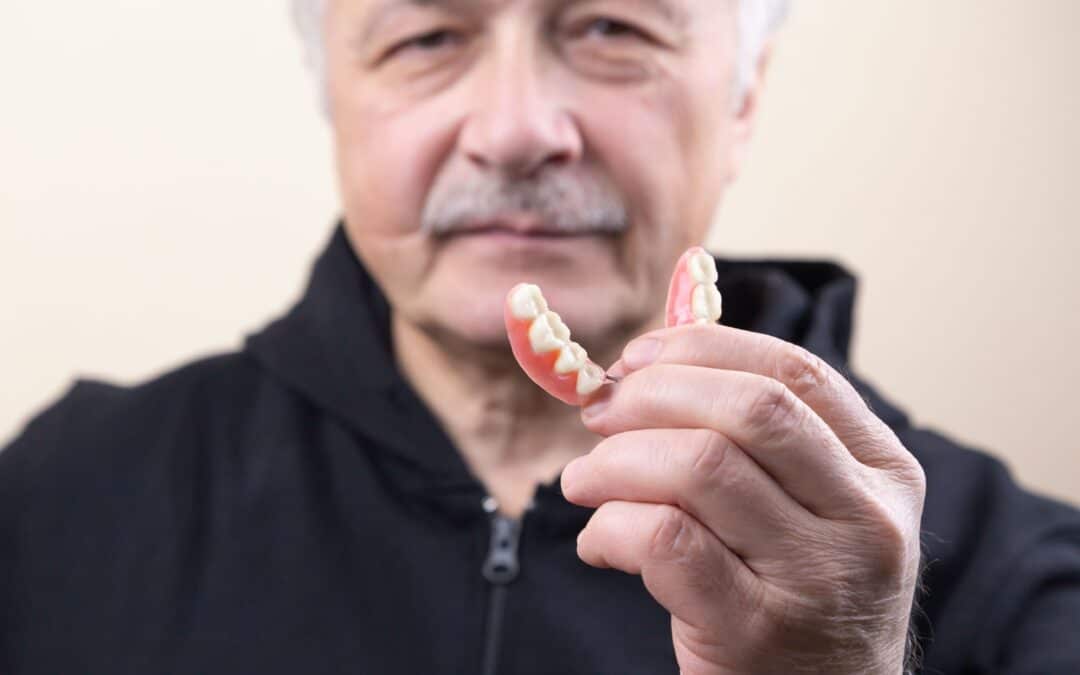Cancer is a terrifying and devastating disease affecting millions of people worldwide. And when it comes to oral cancer, the statistics are particularly alarming. Every year, approximately 54,000 Americans are diagnosed with oral cancer, and the numbers continue to rise.
But what is oral cancer? Oral cancer is a type of cancer that affects any part of the mouth, including the lips, tongue, gums, and inner lining of the cheeks. If left untreated, it can spread to other parts of the body and become even more deadly.
In this article, we’ll take an in-depth look at oral cancer. We’ll discuss the signs and symptoms to watch out for, the potential causes, and how to detect it early. Hopefully, by the end of it, you’ll have a better understanding of oral cancer and what you can do to protect yourself.
Signs of Oral Cancer
Oral cancer can be difficult to detect in its early stages, as it often doesn’t present any obvious symptoms. However, there are some warning signs to watch out for.
If you notice any of the following, it’s important to contact your dentist or healthcare provider for further evaluation:
- Pain in the mouth, particularly in the lips, tongue, or gums
- Loose teeth or teeth shifting out of place
- Swelling or sores on the mouth, face, or neck that bleed easily and won’t heal
- Swelling and pain in the jaw accompanied by difficulty swallowing
- White or red patches on the mouth, tongue, or gums
- Bleeding or numbness in the mouth
- Slurring, difficulty pronouncing words or any other changes in speech
Causes of Oral Cancer
There are several factors that can increase your risk of developing oral cancer. Some of the most common include:
Smoking
Smoking is not just a leading cause of lung cancer, it can also increase the risk of oral cancer. The chemicals in tobacco, such as nicotine and tar, can damage the DNA in cells and lead to cancerous growths in the mouth and throat. This includes cancers of the lips, tongue, and gums, as well as the floor of the mouth and the throat.
Family History of Cancer
Certain genetic factors passed down from your parents can increase your risk of developing cancer.
Excessive Consumption of Alcohol
Alcohol can irritate the cells in the mouth and increase the risk of cancer, especially when consumed in large amounts.
Excessive Sun Exposure
Prolonged exposure to the sun can increase the risk of cancer of the lips and mouth. The sun’s ultraviolet (UV) rays can damage the cells in the skin, increasing the risk of cancer.
Poor Oral Hygiene and Gum Disease
When you don’t brush and floss regularly, bacteria and plaque can build up in your mouth, increasing the risk of infection and inflammation. This can lead to gum disease, which can increase the risk of cancer.
Early Oral Cancer Detection is Key!
The earlier oral cancer is detected, the more likely it is to be treated successfully. Therefore, make it a point to book a dental exam with your dentist every six months, even if you are not experiencing any symptoms. A dental exam can help confirm the presence of cancer and determine the best course of treatment.
So, don’t wait, call your dentist today and make an appointment!


